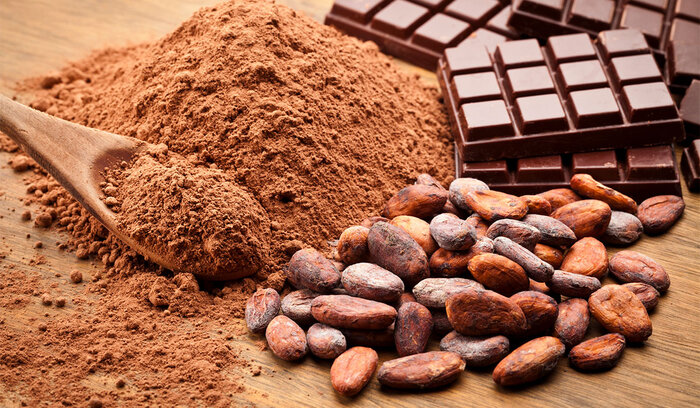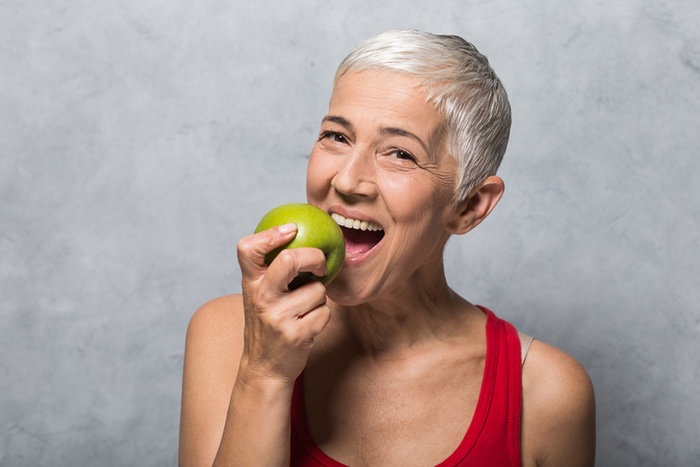
Flavanol
[FLAY-və-nohl]
Part of speech: noun
Origin: German, 19th century
1.
Any of a major group of flavonoids found in many fruits and vegetables.
Examples of Flavanol in a sentence
"Quercetin is a flavonol found in onions and cilantro, and it has anti-inflammatory effects for people who consume it."
"My mother sent me an article about how flavonols found in vegetables and tea may slow memory loss."
About Flavanol
“Flavonol” was coined in 1895 by German chemists Kostanecki and Tambor. They based their word on the existing German chemical term “flavon.”
Did you Know?
There are more than a dozen classes of flavonols, a substance in plants that performs many functions. In many cases, flavonols — and other flavonoids (the chemical grouping of which they are a greater part) — give bright pigments to flowers that attract bees and wasps. The flavonol kaempferol is in onions, asparagus, and leafy greens, and appears to protect healthy cells against cancer. Quercetin, known for its anti-inflammatory effects, is another common flavonol found in capers, cilantro, yellow peppers, and onions.








